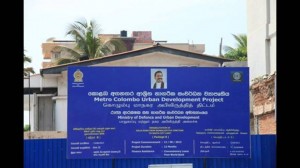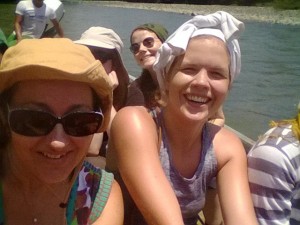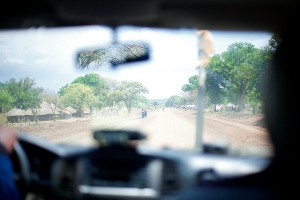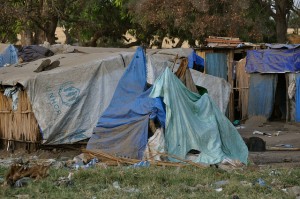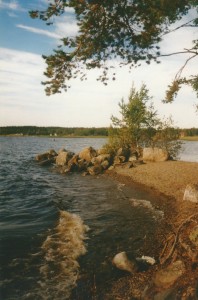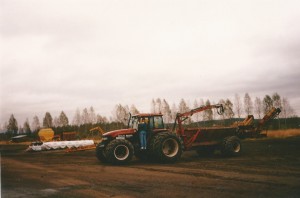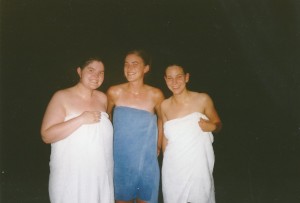UniPID and the Finnish Society for Development Research awarded Noora Stenholm the second prize in the Master’s contest, last November 2015. Stenholm got the credit with her thesis “Gendered perspectives on rehabilitation after involuntary resettlement in urban Sri Lanka.” Stenholm’s thesis concern on resettlement project in Sri Lanka, and she did fieldwork in Colombo.
“I did a qualitative research in a slum in a development project where groups hit by floods and tsunami, were resettled” Stenholm explains. She interviewed women about various issues dealing with their physical environment, living standards, employment, social relations, safety nets and possibilities to take action. She also interviewed project workers and town planners. Information was compared to their situations before the resettlement.
“Results vary, but I found that the community has a great impact on adjustment. In Colombo there are many involuntary settlements; however the project that I observed, is considered to be a successful one”.
This year, 25 Master theses have been submitted to the competition. The ranking criteria include societal applicability, impact and innovativeness of the work
“The award feels good! I think one of the reasons why I got it, is that I did my research on a new theme and in a new environment”, Stenholm comments.
“My interest in urban space and involuntary displacement was awaken during a lecture in development studies in 2012. Then I happen to travel to Sri Lanka twice before my field research, first for vacation and then on a study trip organized by the geography department. I have read about the country’s history and during my staying in the country, I have better defined my research questions. Local researchers and other people we met during the geography field course assured me about their relevance”, Stenholm explains.
After the field research period, Stenholm started an internship at the Finland Futures Research Centre (FFRC), where she is still working as a researcher.
“I am in the team Sustainable Development Futures, doing research about renewable energy, sustainable development, climate change and capacity building in Southeast Asia and the Caribbean”, she writes from Vantaa airport, on her way to a conference in Yangon, Myanmar.
“I could say that my educational background has been great for my career in the field of environment and development. At the geography department I have received much support and encouragement for my professional life. My current job is extremely interesting, challenging and developing… and still I would like to go back to Sri Lanka, one day”, Stenholm plans.
The first award prize was granted to Tomi Launio, for his thesis “Population Dynamics and Livelihood Change on Ukara Island, Lake Victoria”; while the third place was awarded to Paula Pankakoski, for her thesis “Place and Belonging – an Ethnography of Rural Migrant Children in Beijing “.
You can read more about Stenholm thesis here: Noora Stenholm, Gendered perspectives on rehabilitation after involuntary resettlement in urban Sri Lanka
And about the award prize here!
